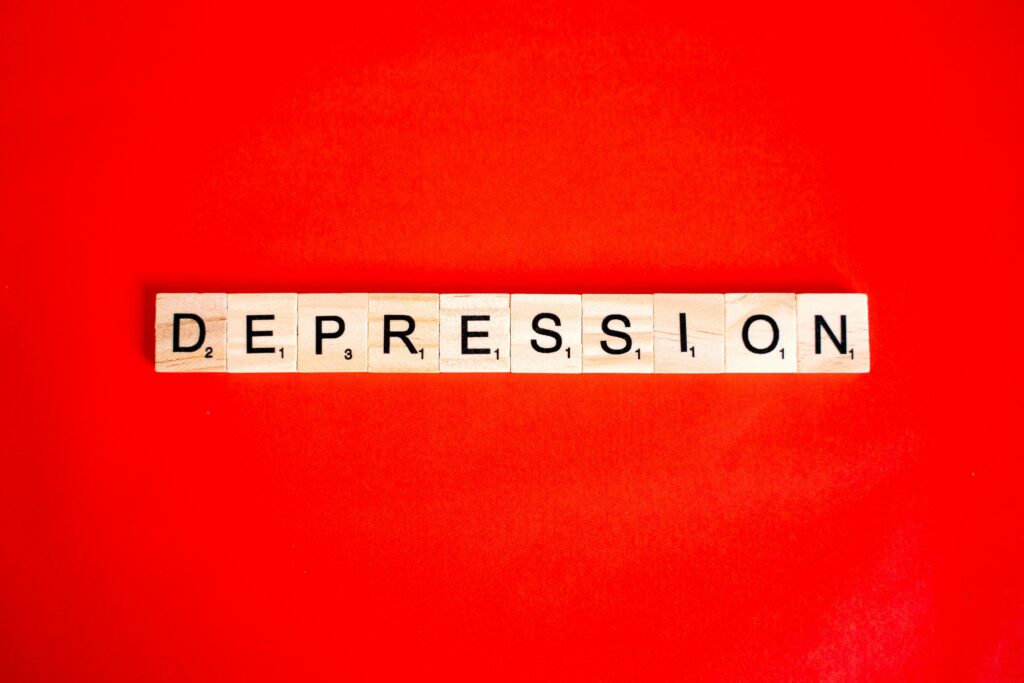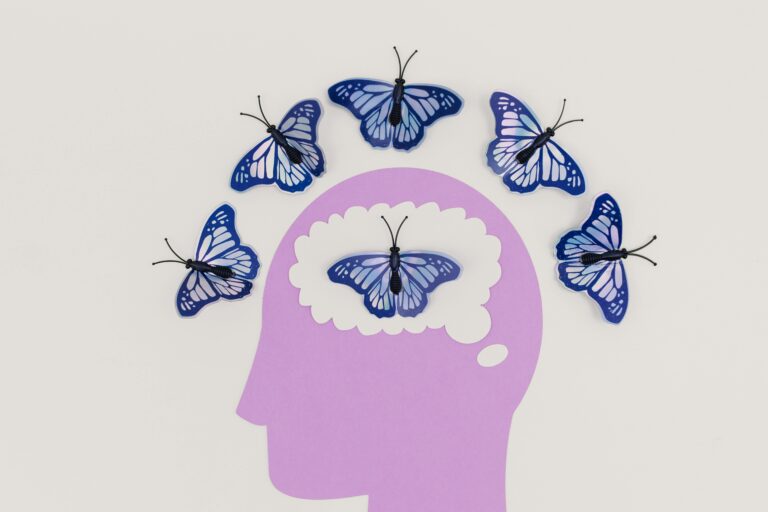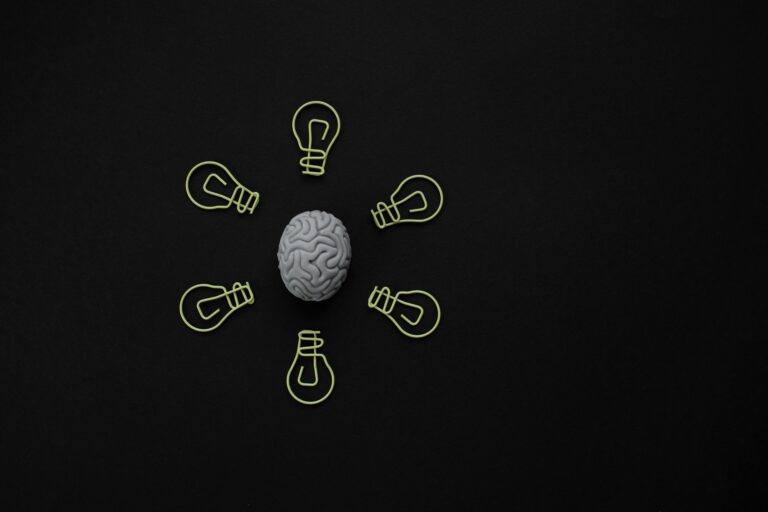Depression is a complex mental health condition that affects millions of people worldwide. It can cause persistent sadness, a lack of interest in activities, and significant emotional distress.
While it can feel overwhelming, understanding how to overcome depression is an essential first step toward recovery. With proper treatment and strategies, individuals can regain control of their lives and experience improved mental well-being.
Depression is not simply a phase or a sign of weakness, it’s a medical condition that requires attention. The journey to recovery may take time, but every small step forward counts. By learning about how to overcome depression, individuals can take meaningful steps toward a healthier and more fulfilling life.
What is Depression?

Depression, clinically known as major depressive disorder, is a mental health condition characterized by prolonged feelings of sadness, hopelessness, and a lack of energy. It affects how a person feels, thinks, and behaves, often interfering with daily functioning.
Unlike temporary sadness, which is a natural reaction to life’s challenges, depression is persistent and can last for weeks, months, or even years without intervention.
Understanding what depression entails is crucial when learning how to overcome depression. Common symptoms include a loss of interest in activities, difficulty concentrating, changes in appetite or sleep patterns, and feelings of worthlessness. Physical symptoms such as fatigue, headaches, or stomach issues may also occur.
Depression doesn’t have a single cause. It can stem from biological factors like genetics or chemical imbalances in the brain. Environmental factors, such as stress, trauma, or significant life changes, also play a role.
Additionally, psychological influences, like negative thinking patterns or unresolved past experiences, can contribute to its onset. Knowing these causes helps individuals better understand their condition and seek appropriate solutions.
Signs and Symptoms of Depression
Recognizing the signs and symptoms of depression is a vital step in addressing it. Emotional symptoms often include persistent feelings of sadness, guilt, or hopelessness.
Individuals may also experience a lack of motivation, feelings of emptiness, or an inability to enjoy previously pleasurable activities. These emotional struggles can be overwhelming, making it difficult to navigate daily life.
Physical symptoms are equally significant. Many individuals with depression report changes in their sleep patterns, either sleeping too much or struggling with insomnia. Appetite can also be affected, leading to unintended weight loss or gain. Chronic fatigue, frequent headaches, and muscle pains are common physical manifestations.
Behavioral changes often accompany emotional and physical symptoms. A person may withdraw from social activities, struggle with work or school responsibilities, or engage in harmful behaviors like substance abuse. By identifying these signs early, individuals can take the first steps toward learning how to overcome depression and seeking help.
It’s essential to note that depression manifests differently in each person. While some may exhibit all the symptoms, others might experience only a few. Understanding these variations can help individuals feel less alone in their struggles and more empowered to seek solutions.
The Importance of Seeking Help

One of the most critical steps in overcoming depression is seeking help. While self-help strategies are valuable, professional intervention often provides the foundation for effective recovery. Depression is a medical condition, and like any other health issue, it requires proper diagnosis and treatment.
Therapists and counselors play a vital role in helping individuals understand how to overcome depression. Cognitive-behavioral therapy (CBT), for instance, is a widely used method that focuses on identifying and challenging negative thought patterns. Through therapy, individuals can develop healthier coping mechanisms and learn to manage their symptoms effectively.
Medication is another option for some people. Antidepressants can help balance brain chemicals and alleviate symptoms, especially in moderate to severe cases. It’s important to consult a medical professional to determine if medication is appropriate.
Support groups also provide immense value. Sharing experiences with others who face similar challenges fosters a sense of community and reduces feelings of isolation. Knowing that others understand your struggles can provide comfort and motivation to continue the recovery process.
For those learning how to overcome depression, seeking help is not a sign of weakness but of strength. It’s an acknowledgment that recovery is possible and that taking the first step is essential. By reaching out to professionals and support networks, individuals can access the tools and resources needed to navigate their journey to mental well-being.
Read More
How To Overcome Porn Addiction
5 Traits of a Good Manager
Effective Strategies to Overcome Depression
Learning how to overcome depression requires a combination of professional help, lifestyle changes, and personal strategies. Below are some effective methods to aid recovery:
1. Seek Professional Help
Professional intervention is a critical component of overcoming depression. Therapy, such as Cognitive Behavioral Therapy (CBT), helps individuals identify and reframe negative thoughts.
Therapists work with patients to build coping mechanisms that reduce the intensity of depressive symptoms. Additionally, medication prescribed by a psychiatrist can help regulate brain chemistry, alleviating symptoms like persistent sadness or lethargy.
2. Build a Strong Support System
Having a reliable support system plays a significant role in recovery. Talking to family and friends about feelings can create a sense of belonging and reduce isolation.
Support groups, both in-person and online, connect individuals with others facing similar struggles, fostering mutual understanding and encouragement.
3. Focus on Self-Care
Self-care is fundamental in addressing depression. Simple actions like maintaining a regular sleep schedule, eating a balanced diet, and engaging in physical activity can positively impact mental health.
Exercise, in particular, releases endorphins, which are natural mood boosters. Prioritizing self-care routines not only improves physical well-being but also supports emotional resilience.
4. Set Small, Achievable Goals
Depression often makes even simple tasks feel insurmountable. Breaking larger tasks into smaller, manageable goals can help restore a sense of accomplishment and control.
Celebrating small victories, no matter how minor they seem, encourages progress and builds momentum toward recovery.
5. Practice Mindfulness and Relaxation Techniques
Mindfulness meditation and relaxation exercises are powerful tools for managing depression. They help individuals stay present, reduce anxiety, and cultivate a more positive mindset.
Practices like deep breathing, yoga, or guided meditation can serve as calming techniques during stressful times.
6. Challenge Negative Thoughts
Depression often fuels negative self-perceptions and hopelessness. Learning to identify and challenge these thoughts is essential. For example, reframing a thought like “I’ll never get better” into “Recovery takes time, but I’m making progress” can shift perspectives and promote optimism.
Implementing these strategies consistently is key to long-term recovery. Learning how to overcome depression involves patience and persistence, but each step taken is a move closer to a healthier and more fulfilling life.
Lifestyle Changes for Overcoming Depression

Adopting a healthier lifestyle can significantly impact mental well-being. Physical activity, such as regular exercise, is one of the most effective ways to combat depressive symptoms. Activities like walking, jogging, or yoga not only improve physical health but also stimulate the release of endorphins, which enhance mood and reduce stress.
Sleep is another critical factor. Establishing a consistent sleep schedule helps regulate emotions and promotes mental clarity. Similarly, nutrition plays a vital role in mental health. A balanced diet rich in whole grains, fruits, vegetables, and lean proteins provides the body and brain with essential nutrients to function optimally.
Mindfulness practices, including meditation and journaling, can help individuals process emotions and reduce anxiety. By incorporating these habits into daily routines, individuals gain tools to manage stress and foster emotional resilience, essential components in learning how to overcome depression.
Maintaining Mental Health After Recovery
Recovery from depression is a journey, not a destination. Once symptoms improve, maintaining mental health becomes the next challenge. Long-term strategies are necessary to prevent relapse and build resilience.
Staying connected to a support network is crucial. Regular check-ins with friends, family, or support groups provide emotional reinforcement. Continuing therapy sessions, even after significant improvement, ensures ongoing guidance and accountability.
Practicing gratitude is another effective way to sustain positive mental health. A daily gratitude journal, listing even small moments of joy or achievement, can shift focus from negativity to appreciation. Additionally, staying engaged in activities that bring purpose, such as hobbies or volunteer work, enhances self-worth and prevents feelings of stagnation.
Consistency is vital. Small, positive habits repeated over time create a foundation for long-term mental well-being. Understanding how to overcome depression includes developing these habits and sticking to them as part of everyday life.
Conclusion
Depression is a challenging condition, but recovery is within reach. By combining professional treatment, lifestyle adjustments, and effective coping strategies, individuals can learn how to overcome depression and regain control of their lives.
It’s essential to remember that recovery is not linear; there will be ups and downs. However, each step forward, no matter how small, contributes to a brighter future. With persistence, support, and the right tools, individuals can build a life filled with hope and happiness.






